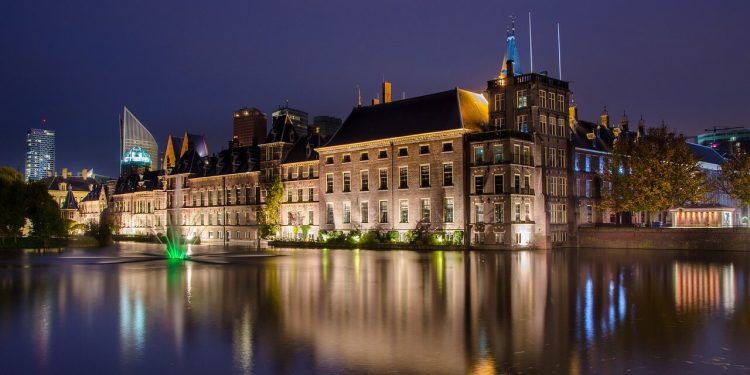Today, the eyes of the world are on the International Court of Justice in The Hague as South Africa brings forth a groundbreaking case against Israel, alleging genocide in Gaza. The proceedings, which commence on January 11th, mark a significant moment in international law and diplomacy.
The case filed by South Africa’s Department of International Relations and Cooperation (DIRCO) accuses Israel of failing to prevent genocide and not prosecuting those who incite it, particularly since October 7, 2023. This action is grounded in the obligations of the 1948 Genocide Convention, a treaty binding both Israel and South Africa to prevent and punish acts of genocide.
As the world watches, the International Court of Justice will initially focus on provisional measures. These measures are akin to a legal restraining order, designed to prevent the exacerbation of the situation in Gaza while the court deliberates on the broader aspects of the case. Although a final decision on the allegations will take years, the outcome of these provisional measures could have immediate implications.
South Africa’s staunch support for Palestinian statehood, paralleling the struggles of Palestinians to those experienced during its own apartheid era, underscores the gravity and sincerity of their legal move. The case is not only a legal battle but also a reflection of South Africa’s enduring commitment to human rights and its historical context.
Internationally, the case has garnered substantial support. Countries and organizations like the Organization of Islamic Countries, Malaysia, Turkey, Jordan, Bolivia, and others have openly backed South Africa’s legal action. This global backing highlights the case’s significance beyond the courtroom, resonating with various nations and international groups.
In stark contrast, the United States has criticized the case, calling it “meritless” and “counterproductive,” reflecting the complex and polarized geopolitical landscape surrounding the Israel-Palestine conflict.
As the hearings begin today, the world awaits the court’s decision on provisional measures, which could set a precedent in international law and potentially reshape international relations regarding the Israel-Palestine conflict.



























